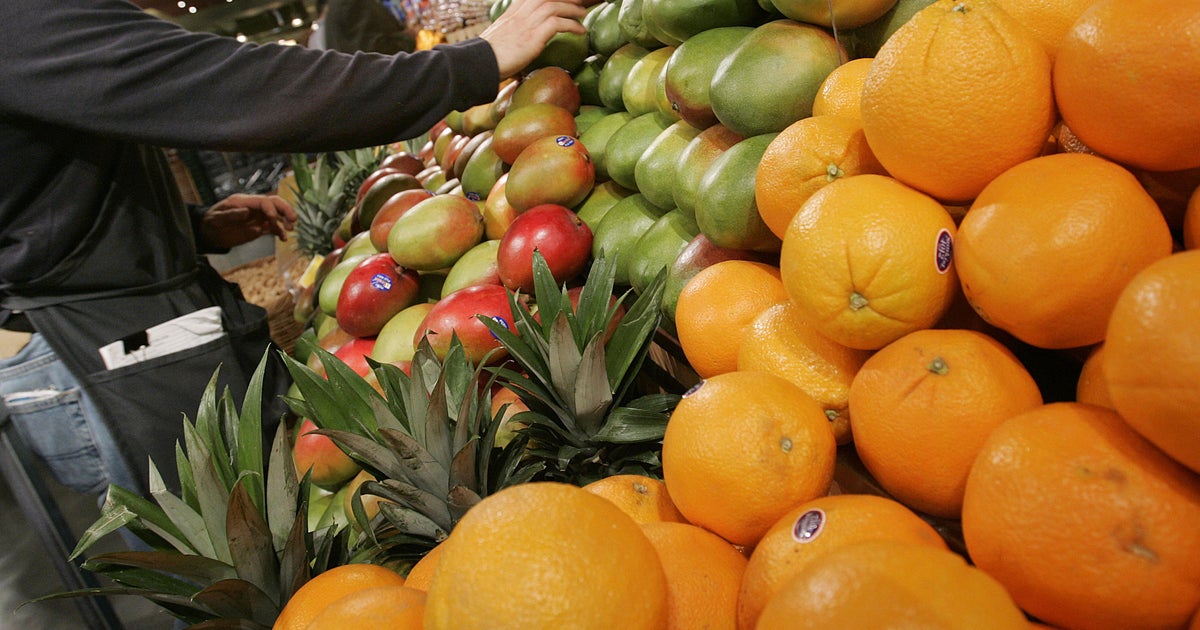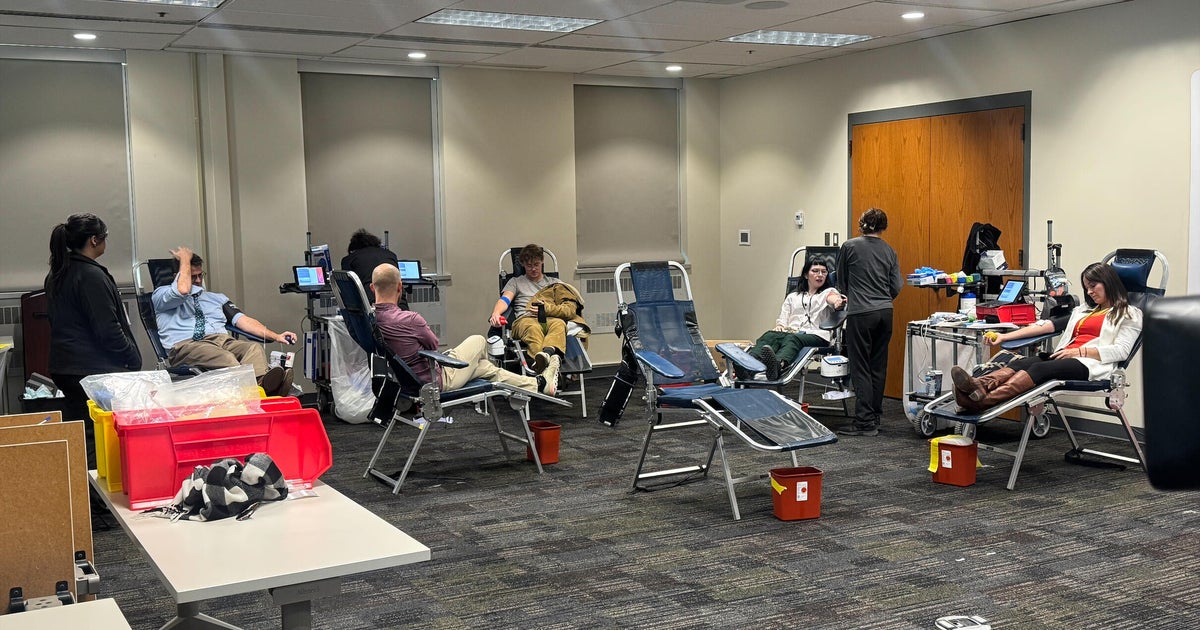Swapping one food for another can help lower your household's carbon emissions, study shows
Swapping meat lasagna for vegetarian isn't just healthier for you — it's also healthier for the planet. And a new study shows just how much each swap, like switching beef for chicken in stew, saves greenhouse gas emissions.
Switching food and drink purchases to very similar but more environmentally friendly alternatives could reduce greenhouse gas emissions from household groceries by nearly a quarter, according to the George Institute for Global Health and Imperial College London study shows in a new study.
The study released Tuesday aims to show that consumers do not have to make drastic changes — like giving up meat — to make smarter, climate-conscious choices that aggregate to make an impact on carbon reduction, lead author Allison Gaines tells CBS News.
"But while consumers are increasingly aware of the environmental impact of the food system and willing to make more sustainable food choices, they lack reliable information to identify the more environmentally friendly options," said Gaines, who has a doctorate in public health.
The study recommends that packed food items be labeled with carbon emissions so that climate-conscious consumers can make informed choices. Around a third of carbon emissions are currently attributed to the food and agriculture sector.
Researchers calculated the projected emissions of annual grocery purchases from 7,000 Australian households using information from FoodSwitch, an app from The George Institute where users can scan the barcode of a food item and see other similar, healthier options.
Out now, but only in Australia, EcoSwitch aims to add one more component for customers to consider – the carbon emission of the product. The data collected in the study is featured in the app where customers can scan a product and see similar ones with a lower carbon emission.
Gaines said previous studies analyzed dietary patterns whereas her research aims to "look at food the way that consumers look at it at the supermarket." The study offered two kinds of swaps – those that can be found on the same shelf compared to swaps that can be found in a different aisle. These similar swaps can lead to emission reduction of 26% in Australia equivalent to taking 1.9 million cars off the road, according to the study.
For example, a chocolate chip brioche roll could have a "very similar switch" to a dinner roll or a "less similar switch" to a sourdough loaf.
With beverages, a sugar-free vanilla cola can be switched for a "very similar" raspberry soft drink or a "less similar" ginger-lemon kombucha.
The switches that are better for the environment often correspond to ones that are better for your health, Gaines said.
The top contributors to carbon emissions from food products were meat and meat products, at 49%, followed by dairy and nonalcoholic beverages.
"The way that emissions are trending around the world is looking worse and worse," said Gaines. "Empowering people with that information from the bottom up often also has an impact from the top down."






